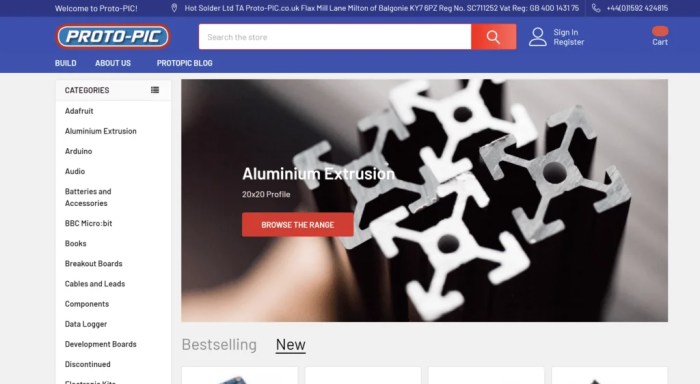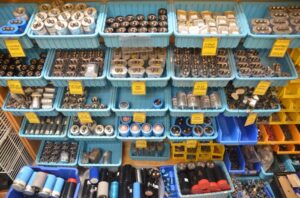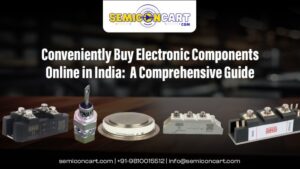- Experience: A supplier with a long history in the industry is often more reliable.
- Customer Reviews: Reviews and ratings from other customers can provide insights into the supplier’s reliability.
- Quality of Products: Ensure that the components meet necessary standards and specifications.
- Customer Support: A supplier that offers good customer service can assist with any issues that may arise.
A checklist can be useful for systematically evaluating suppliers based on these factors, ultimately aiding in making informed choices.
Comparing Supplier Offerings
When considering different suppliers, it’s essential to compare their offerings effectively.
Comparing Product Offerings
To make a fair comparison, create a table that organizes critical information about each supplier.
| Supplier | Product Range | Pricing | Delivery Options |
|---|---|---|---|
| Supplier A | Resistors, Capacitors, ICs | $100 | Standard, Express |
| Supplier B | Transistors, Diodes, Sensors | $95 | Standard |
Bulk purchasing often offers advantages such as discounted rates and reduced shipping costs compared to buying individual components.
Understanding Pricing and Costs
Pricing of electronic components can vary significantly based on multiple factors.
Factors Influencing Pricing
Several elements play a role in determining the costs of electronic components:
- Market Demand: High demand for specific components can lead to increased prices.
- Supplier Location: Proximity to the supplier can affect shipping costs and overall pricing.
- Order Size: Bulk orders often receive discounted pricing compared to smaller orders.
Negotiating prices for bulk orders can lead to further cost savings, making it essential to consider these factors when deciding on purchases.




